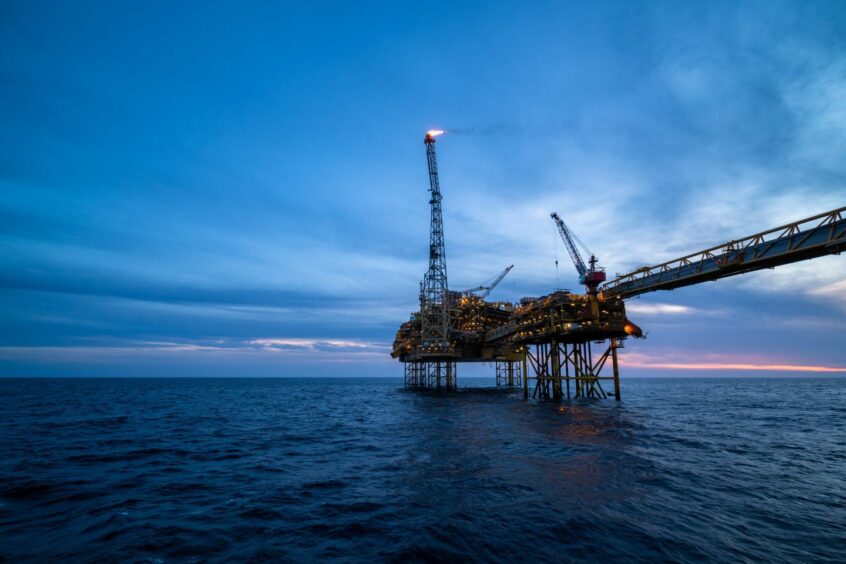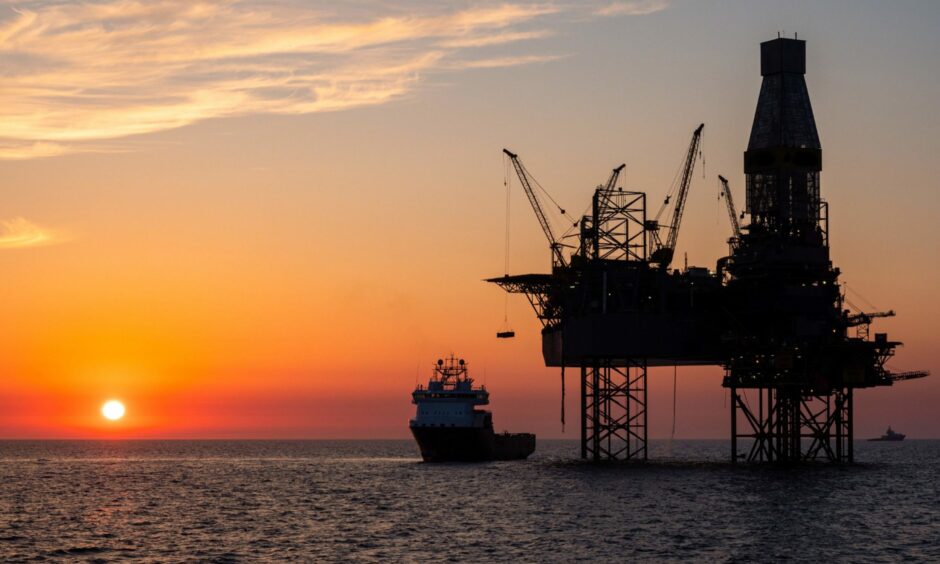The potential impact of Labour’s opposition to new North Sea licensing is laid bare in alarming new study findings.
Energy consultancy Wood Mackenzie (WoodMac) looked at what it will mean for the UK’s offshore energy industry if the party wins power at the next general-election.
Should Sir Keir Starmer lead his party to victory, WoodMac claims £24 billion of spending on new projects will be at risk.
‘Tone deaf’
Plans to block further North Sea drilling have been branded “tone deaf” by opposition parties.
According to Edinburgh-based WoodMac, whose analysis was revealed in business publication City AM, Labour’s mooted policy is also having a more immediate impact.
The prospect of a Labour government is already pushing firms to look at investment opportunities elsewhere, WoodMac said.

Investment in new energy projects is already at “historical lows”, with fiscal instability and political sentiment suppressing appetite, it added.
And the consultancy warned it could drop even further, to about £800 million a year by 2027.
An “investment paralysis” means marginal schemes would face the chop, risking a premature shutdown of the North Sea, it said.
Green energy developments are unlikely to be exempt from the uncertainty either, particularly given many oil and gas companies increasingly have a foot in both camps.
Kicking industry while it’s down
Given the growing demand for new energy sources following Russia’s attack on Ukraine, it should be boom time for the industry – but in the UK that is far from the case.
A number of factors have combined to pour water on the sector’s buoyancy.
Most notable among these is Westminster’s North Sea energy profits levy (EPL), or “windfall tax”.
The EPL was launched in May 2022 and increased in November to push total taxation on energy production from the UK North Sea to 75%. Industry has persistently highlighted its detrimental impact on investor sentiment, a fear borne out by firms shelving new spend.
Sir Keir’s plans to block new oil and gas projects have added fuel to the fire.
Labour is widely tipped for victory at the next general-election, expected in 2024.
Speaking last week on the BBC’s Good Morning Scotland programme, Offshore Energies UK chief executive David Whitehouse warned Labour’s stance would not deliver any new jobs and risked “importing the energy transition”.
Scottish Energy Minister Gillian Martin said shutting the door on new oil and gas investments was “too simplistic”, while trade unions also voiced their opposition.
Still a window of opportunity for new projects in UK North Sea
Scottish Labour leader Anas Sarwar has since confirmed the party will honour new oil and gas licences awarded by the current government, including for the controversial Rosebank field west of Shetland.
Operator Equinor has yet to make a final investment decision on Rosebank amid concerns about the impact to industry of the EPL. The development is also vulnerable to a growing clamour from environmental campaigners and some politicians for an end to the exploitation of fossil fuels.
Mr Whitehouse has described the project as “absolutely critical” to the UK’s energy security.



Conversation